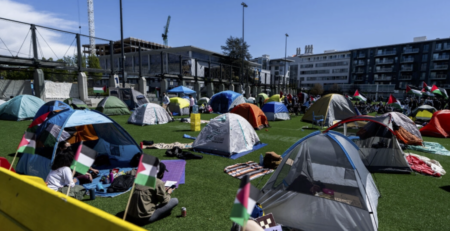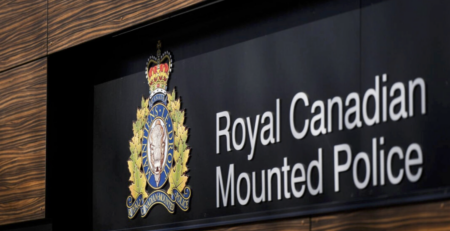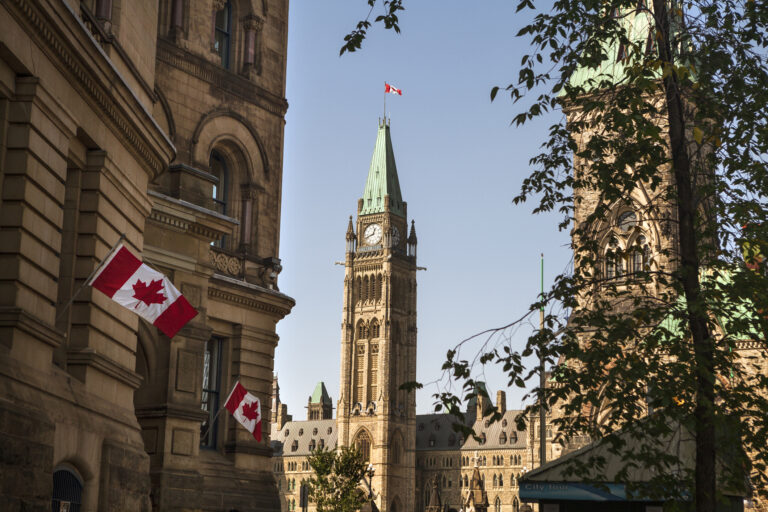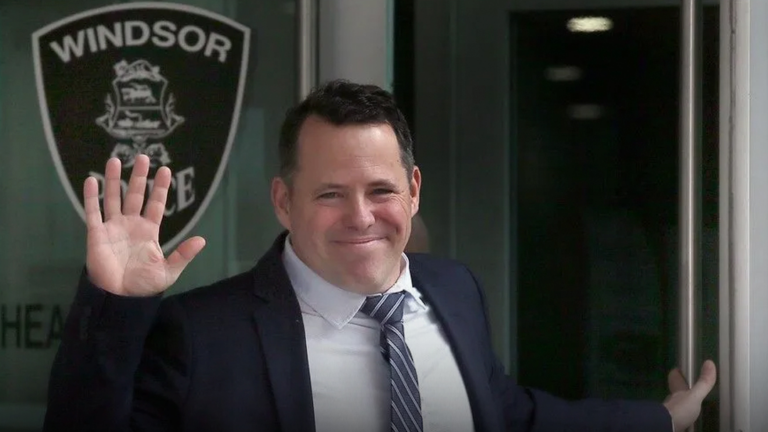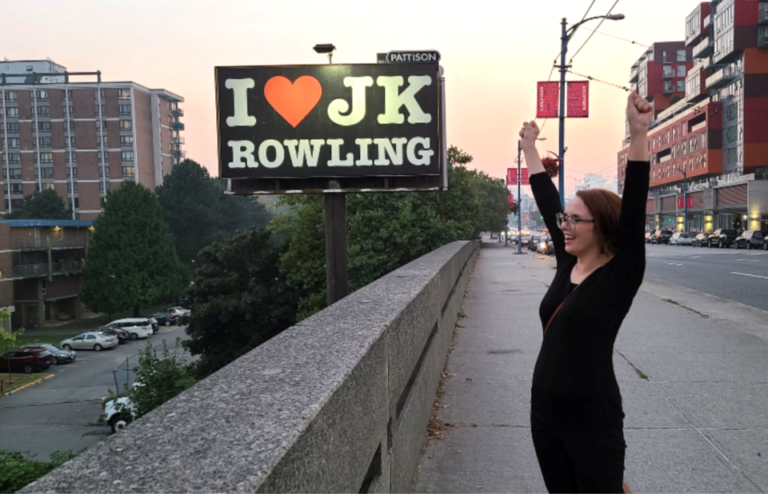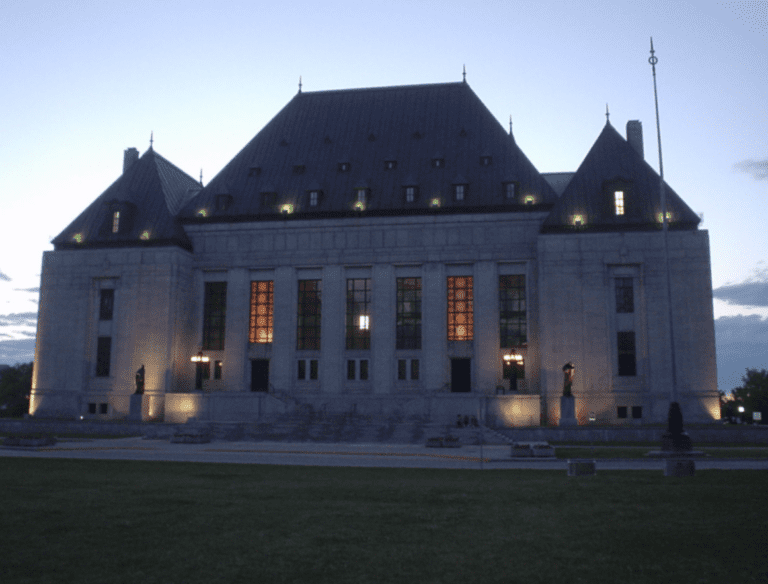OTTAWA: The Supreme Court today released its ruling in the critical case of Judicial Committee of the Highwood Congregation of Jehovah’s Witnesses v. Randy Wall. The Justice Centre for Constitutional Freedoms (JCCF.ca) intervened in this case in support of the fundamental freedom of all Canadians to associate, or not associate, as they themselves deem best.
“The Supreme Court’s ruling provides clarity to Canadians that neither courts nor governments can legally compel citizens to associate together unwillingly,” stated lawyer and Justice Centre president John Carpay.
The Supreme Court overturned the ruling of the Alberta Court of Queen’s Bench, in which the court ruled that it had the jurisdiction to interfere with the Highwood Congregation’s decision to terminate Mr. Wall’s membership as a Jehovah’s Witness.
The Supreme Court’s ruling means that when Jehovah’s Witnesses (and other religious groups) make decisions about who is eligible to be a member of their religion, such decisions cannot be reviewed by a court and potentially overturned.
The Justice Centre argued that freedom of association under the Canadian Charter of Rights and Freedoms and the Alberta Bill of Rights guarantees the freedom of private, voluntary associations, including the Highwood Congregation of Jehovah’s Witnesses, to determine membership criteria, to determine which individuals meet the criteria for membership, and to enforce these membership criteria, immune from judicial review. In consequence, neither courts nor governments can legally compel citizens to associate together unwillingly.
Randy Wall became a Jehovah’s Witness (JW) in 1980, at the age of 20. In 2014, he was disfellowshipped (expelled) after a local church committee determined that he was not sufficiently repentant for having been drunk and verbally abusive to his wife.
Mr. Wall appealed his expulsion to a higher committee within the Jehovah’s Witnesses organization, and ultimately to the governing Watchtower Society of Canada, without success. He then took the Congregation to court, arguing that he had been wrongly expelled, and that the hearings and the process were unfair. As a realtor, Mr. Wall also claimed to have lost about half of his client base, because JWs now refused to have any business dealings with him, or even speak with him.
Rather than recognize that freedom of association prevents government (including courts) from interfering with the membership decisions of private associations, the Alberta Court of Queen’s Bench ruled that it had the jurisdiction to review the Congregation’s membership decision. This ruling was affirmed by the Alberta Court of Appeal.
The Justice Centre intervened in this case and appeared in the Supreme Court of Canada in November 2017, arguing that freedom of association benefits Canada’s atheists and agnostics, and the many theists who do not embrace any particular religion, in addition to Jehovah’s Witnesses and other religious groups.



